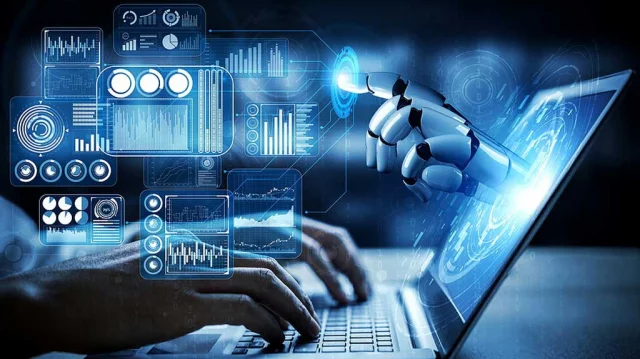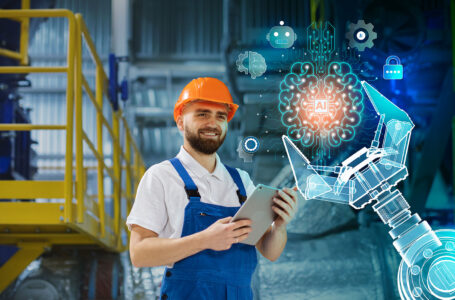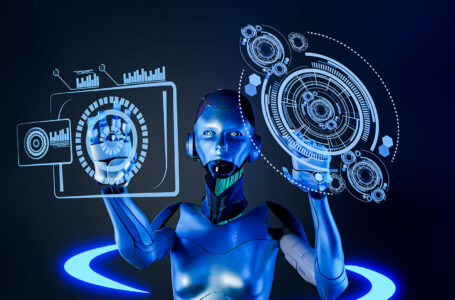AI as a Complement to Systematic Work: Embracing the Future of Labor

The development of Artificial Intelligence (AI) has ignited a debate regarding its impact on the job market. Some experts argue that AI will eventually displace human workers, while others believe it will serve as a complement, enabling individuals to focus on more valuable and creative tasks.
Today, AI permeates many aspects of our lives, from virtual assistants aiding with household chores to algorithms recommending products and services. AI also has the potential to automate numerous tasks currently performed by humans, including data processing, customer service, and even vehicle operation. However, it will also create new job opportunities. It’s essential to remember that these tools need to be developed, monitored, and operated by people.
In this way, AI offers us the opportunity to break free from the routine, systematic processes we’ve become accustomed to, allowing us to redirect our efforts toward more creative and innovative endeavors.
The Promise of New Job Opportunities
According to a report from the McKinsey Global Institute, AI could create up to 133 million new jobs by 2030. These emerging roles will manifest in fields such as data science, systems engineering, and programming.
The key to workers benefiting from AI is their ability to adapt to new technologies and develop the necessary skills to thrive in an increasingly automated world.
Rubén Armenteros, a digital consultant at Nexian, suggests that «the key will be assisting individuals in enhancing their qualifications and specialization, enabling them to participate in the programming and maintenance of robots and these technologies.»
Governments and businesses must provide training and education to help workers acquire the skills needed for the future of work. They should also invest in research and innovation to create new technologies that generate new job opportunities. By working together, we can ensure that AI benefits everyone, not just a select few.
Conclusion
As AI continues to evolve, it will become an indispensable part of the workforce. Rather than replacing human workers, AI will augment our capabilities, freeing us from mundane tasks and allowing us to focus on tasks that require creativity and innovation. To fully harness the potential of AI, individuals, businesses, and governments must collaborate to ensure that workers are equipped with the skills they need for the AI-driven future. This way, we can build a future where AI benefits all members of society.

ENGLISH ARTICLES







